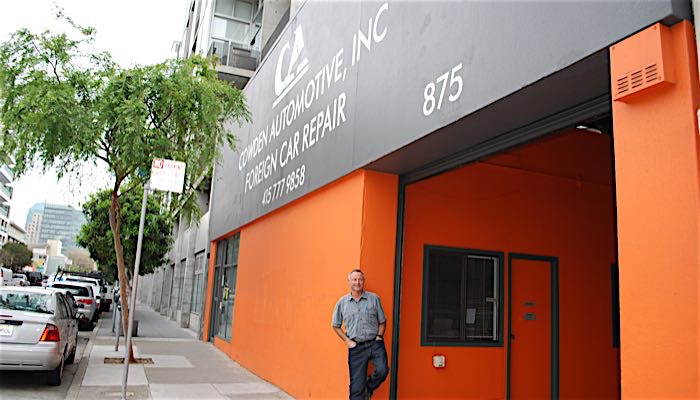federal level in regard to employment law and regulations. This is
creating major impacts on pretty much everyone including employees,
federal contractors and companies of all sizes. It can be overwhelming
at times and tough to keep up with, so we have put together a very brief
overview of just a few of the most recent topics for employers to be
aware of and keep their eye on as things progress:
the President’s proposal of raising the federal minimum wage from the
current rate of $7.25 to $10.10, over a period of time and in a 3-step
process. There are currently over a dozen states that already have a
minimum wage rate that is higher than the current federal rate, with
Maryland being the most recent state (after Connecticut) to raise the
state minimum wage to $10.10 per hour. This process will be a gradual
one over a period of about 3 1/2 years with slight increases at each
stage of the process. Reminder: When there is a difference between the
federal and state minimum wage rate, the employee is entitled to the
higher wage rate.
President has directed the Secretary of Labor to get started on the
process of adjusting the weekly base salary for employees that are
classified as Exempt under the Fair Labor Standards Act. Currently, to
qualify for an exemption from being paid overtime for time worked over
40 hours in a workweek, employees must meet certain criteria as it
relates to their job duties and be paid a minimum salary of $455 a week.
When the $455 amount is raised, those workers currently at that rate or
below the new rate will be eligible for overtime pay.
not pass in the Senate but is planned to be re-introduced later this
year. This Paycheck Fairness Act goes hand in hand with the Equal Pay
Act, which essentially “requires men and women be given equal pay for
equal work in a given establishment.” If passed, the Paycheck Fairness
Act would make it easier for employees to pursue class action lawsuits
in instances of pay discrimination, it would prohibit employers from
retaliating against employees who disclose or discuss salary
information, and it would allow the Equal Employment Opportunity
Commission to require employers to submit employee pay data identified
by race, sex and national origin for discrimination testing and push
more employers to justify any discrepancies in pay.
signed an Executive Order increasing the minimum wage to $10.10 per
hour. On April 8, he modified Executive Order 11246 to prohibit
discrimination or retaliation against “any employee or applicant because
such employee or applicant has inquired about, discussed, or disclosed
the compensation of the employee or applicant or another employee or
applicant.” The thought here is that this will help expose any unlawful
or discriminatory pay practices and allow for correction, as similarly
proposed in the Paycheck Fairness Act. Additionally, on that same day,
the President issued a memo for proposed regulation requiring federal
contractors and subcontractors to submit employee pay, race and gender
data to the Office of Federal Contractor Compliance Programs (OFCCP).
a meeting regarding the use of social media by employers, employees and
potential candidates during the recruiting and hiring process. There
will probably be guidelines released in the near future from the EEOC
regarding employers requesting passwords from employees for their social
media accounts (which is NOT recommended for employers to do and is
unlawful in a handful of states), employees use of social media sites
and the potential liability for the employer if the employees is
engaging in inappropriate social media use or conversation with company
equipment or resources and the inappropriate use of information found on
a candidates social media site during the recruiting process, among
other issues. The National Labor Relations Board (NLRB) is already a
heavy hitter in directing employers on what is and is not acceptable
when it comes to social media in the workplace, but now the EEOC is
joining in to protect both the employee from discriminatory practices
and the employer potential liabilities.
and are either currently in the works or have the potential to have a
big impact on employment in the near future. For additional information
related about these changes and how it is applicable to your specific
organization, please feel free to reach out to Employers Advantage LLC
or you can visit the Equal Employment Opportunity Commission website at www.eeoc.gov, the Department of Labor at www.dol.gov or you can read more about the Presidential Memos related to these topics at www.whitehouse.gov.
N.C.-based Employers Advantage LLC, which provides practical and sound
solutions to meet the needs of your business in all aspects of human
resources, including but not limited to, recruiting, benefits, employee
relations, compliance, performance management, HRIS, workers
compensation, safety, facilities/office management, and budgeting. She
can be reached by emailing [email protected] or calling
980-422-7953. www.employersadvantagellc.com
Article courtesy of TIRE REVIEW.

